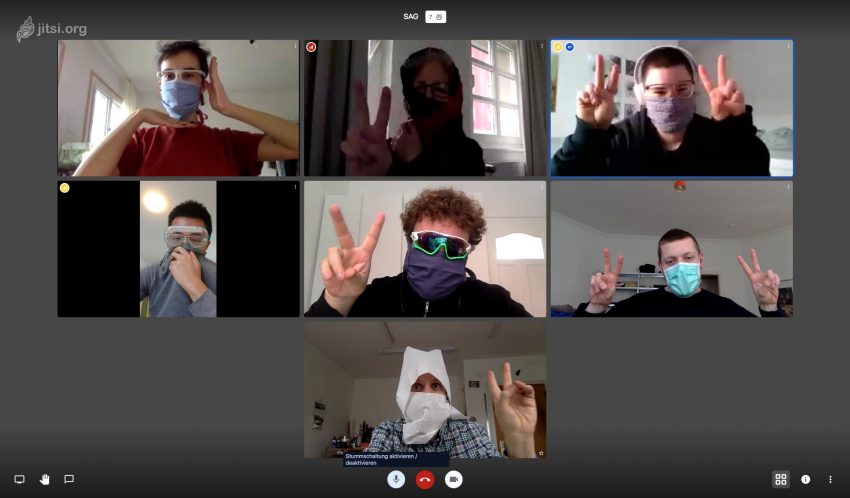
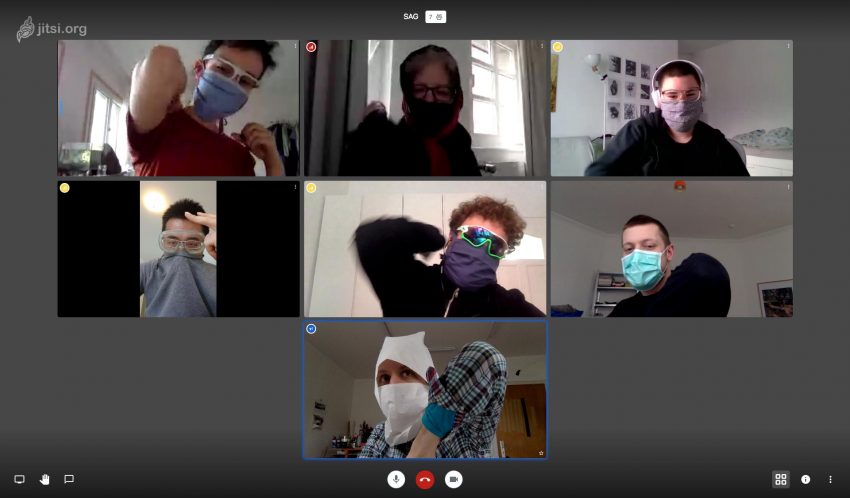
First tests confirm safety and security of video seminars. To be continued.
In hidden corners across South Korea, tiny cameras are surreptitiously recording thousands of women when they are at their most vulnerable.
Women have come to fear that cameras could be anywhere: perched inside the toilet bowl of a public restroom, disguised as a smoke detector in a shop’s fitting room, even rolled into a plastic bag at the lip of a trash can.
In Seoul, the capital, the proliferation of such hidden cameras — and the images they record, which often end up on pornographic websites — has often been described by reporters as an epidemic.
The city announced a crackdown on Sunday, increasing the number of municipal employees assigned to search public bathrooms for hidden cameras to 8,000 in October from the 50 currently at work.
“It is to help citizens to feel safe when they use the public restrooms, free from concerns about spy cams,” the Seoul Metropolitan Government said in a statement.
The city has promised to inspect every one of its 20,554 public restrooms daily, an enormous undertaking that underscores the scope of the problem.
All welcome to our 5th Cryptoparty!
https://www.khm.de/termine/news.4425.cryptoparty-di-24-04-2018-19-bis-21-uhr/
workshop contents: https://t1p.de/crypto
Dark Content (2015)
http://0100101110101101.org/dark-content/
by Eva and Franco Mattes
A series of videos about internet content moderators: the extraordinarily significant, yet elusive, individuals who determine how much breast is too much breast for Instagram, or are tasked with scrubbing photos of Osama bin Laden from search engines.
New episodes are released periodically and only on the Darknet. To watch them download the Tor Browser and use it to go to http://5cqzpj5d6ljxqsj7.onion
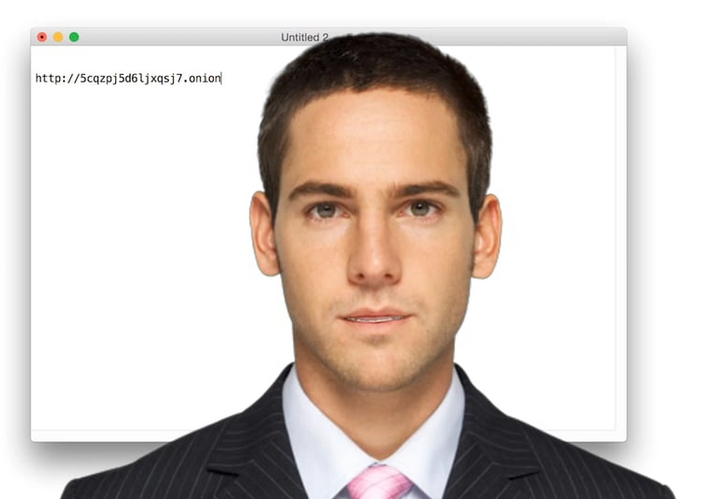
Someone tried.
Janet Vertesi, assistant professor of sociology at Princeton University, had an idea: would it be possible to hide her pregnancy from big data? Thinking about technology—the way we use it and the way it uses us—is her professional life’s work. Pregnant women, she knew, are a marketing gold mine; a pregnant woman’s marketing data is worth 15 times as much as the average person’s. Could Vertesi, a self-declared “conscientious objector” of Google ever since 2012, when they announced to users that they’d be able to read every email and chat, navigate all the human and consumer interactions having a baby would require and keep big data from ever finding out?
Meet The Woman Who Did Everything In Her Power To Hide Her Pregnancy From Big Data
Big surprise: it’s extremely hard. Furthermore, that sort of behaviour gets you flagged as someone behaving really, really suspiciously. Less like someone privacy-counscious, more like a terrorist. (more)
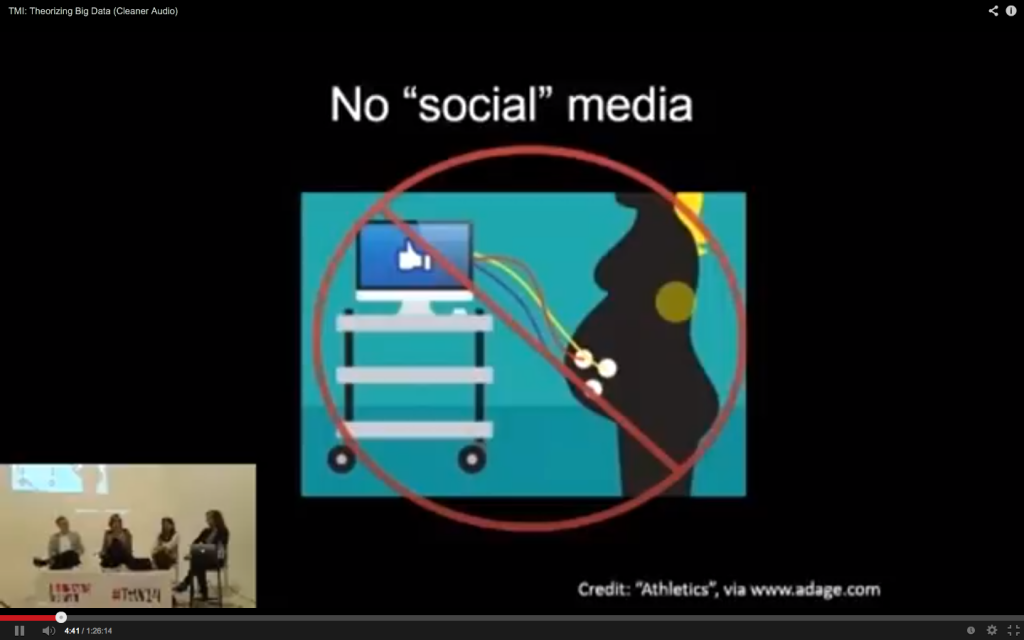
In the words of Eric Schmidt, executive chairman at Google (paraphrased, I can’t find the original quote):
“Identity will change from something that originates in the physical world and is being projected into the virtual world, to Identity that is created in the virtual and experienced in the physical world.”
Coincidentally, there is this news story about how US officials set up tents in hotel rooms where they fear surveillance. Shielding from video cameras, defeating audio bugs with a white noise generator, and even protecting against electromagnetic snooping. It took some work to find out what they look like from the outside. They appear very physical indeed. A psychoanalytic’s dream.
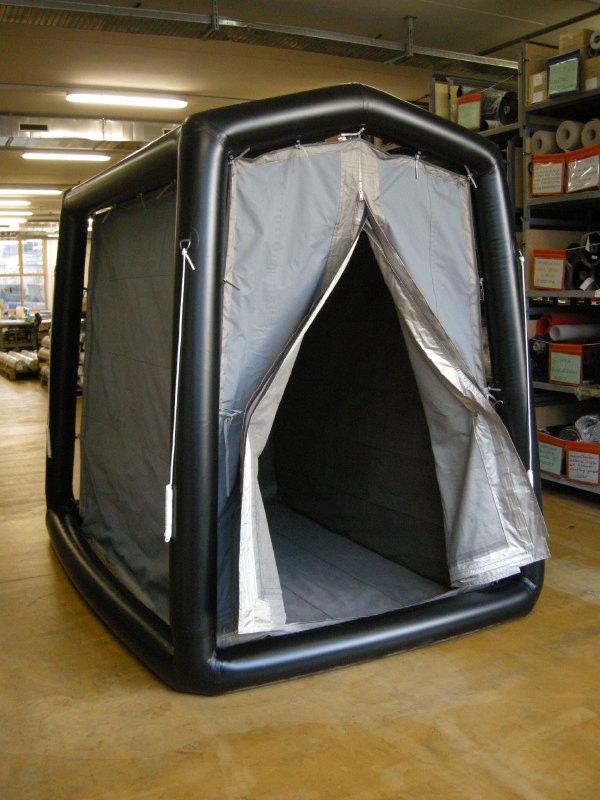
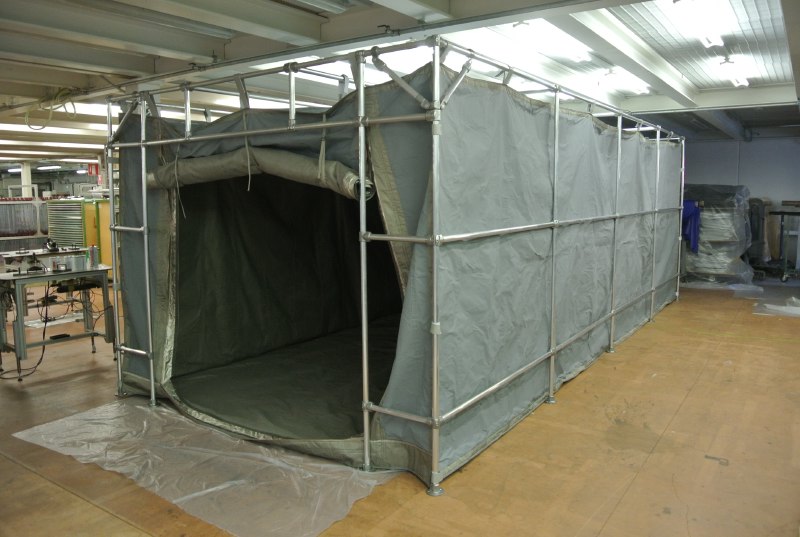
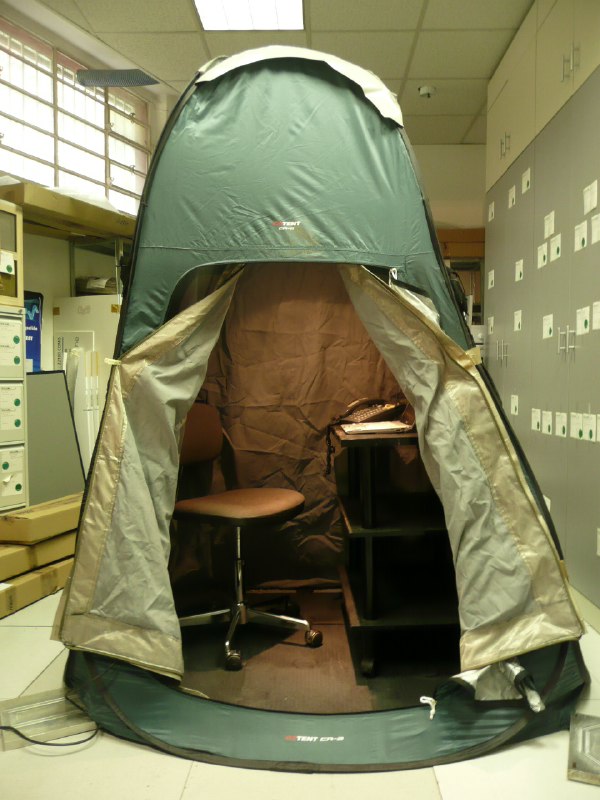
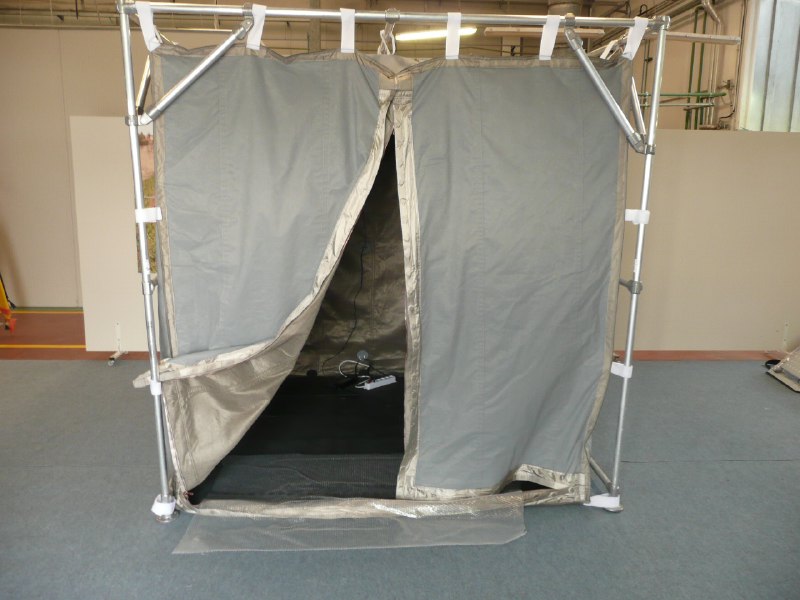
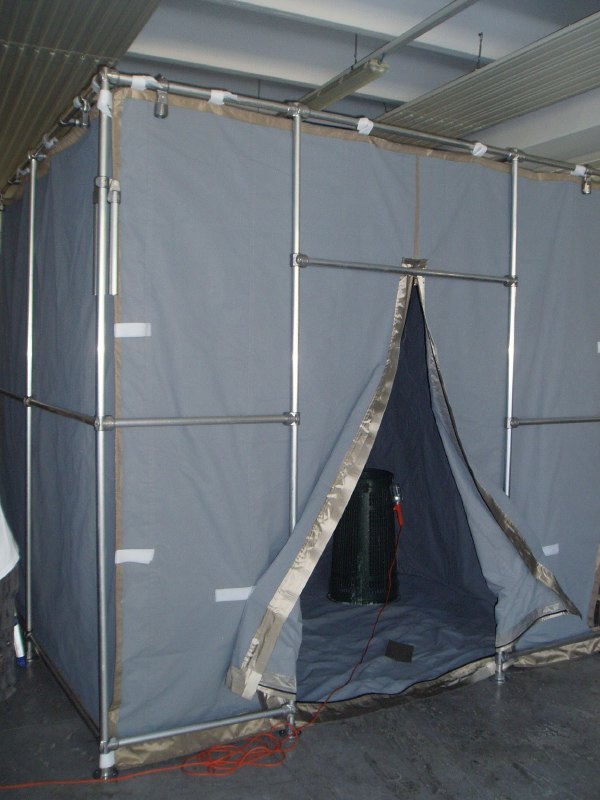
Can we get one please?
What elements of the October 9th video of the “Sam Adams award”, made in Moscow, stand in contrast to the recording made in Hong Kong by Laura Poitras? How is this portrayal relevant?
Sascha Lobo talking about how politics, the media and the economy used to be ‘black boxes’, simply because of the high costs of communicating details about their inner workings. Now with the Internet and cheap communication, the trade secret becomes the exception, rather than the rule. People want to know why and how things get decided.
http://www.spiegel.de/netzwelt/netzpolitik/0,1518,811007,00.html
(In German)
I feel that trend, too. Funny how hard it is to resist the urge to disclose the references and sources of your art works. Now with art I’d argue that often it’s better to hide the strings of your puppets. Or what do you think?